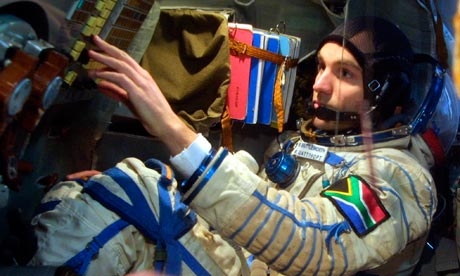South Africa wants to revive it’s interest in space launch capability, thus, the SA National Space Agency (SANSA) has issued a Request for Information (RfI) to industry specialists in this regard.
This intention to participate in the space race came after the Department of Science and Innovation (DSI) conducted a study to determine the long term possibility of a South African launch capability becoming reality.
The RfI which will close on Friday week 25 September Is a means of technical discovery and information gathering to determine and identify capabilities in the local aerospace and engineering sectors, says SANSA.
SANSA seeks information on orbital launch vehicles, orbital launch support services, orbital launch business services, orbital launch ground infrastructure, sub-orbital launch vehicles (sounding rockets), sub-orbital launch support services, sub-orbital launch business services and sub-orbital launch ground infrastructure.
The South African space agency is assisting the Department of Science and Innovation (DSI), headed by Minister Blade Nzimande, on gathering information on South African capabilities.
A funding of R4,47 billion to develop a Space Infrastructure Hub within the next next three years as part of government’s Sustainable Infrastructure Development Symposium (SIDS) initiative has been awarded.
“The project will position space data as a tool for sustainable development, addressing government’s national priorities and for commercial use in thematic areas including remote sensing, navigation, and space sciences,” he said.
The funds will cover the construction of satellites for Earth observation and science missions; a new ground segment; an expanded data segment; a new data visualisation centre; activation of the satellite based augmentation system over Southern Africa; development of products and services for use across all spheres of government and human capital development and training, Nzimande said.
The Space Infrastructure Hub includes other projects where separate ring-fenced funding has been secured largely through the DSI. These are an upgrade of the Houwteq facility (R75 million); establishment of a concurrent engineering design facility (R25 million); establishment of a new space weather centre (R90 million); establishment of an Earth Observation Data Cube facility (R12.5 million); and a research, development and innovation fund for products and services developmeny(R60 million).
Historically, South Africa had a robust space program in 1989, the country has planned on launching the Greensat earth observation satellite but was terminated due to funding constraints.
Also, the country’s decision to join the Missile Technology Control Regime (MTCR) in 1995 meant it had to destroy it’s sole rocket launch pad and facility in Overberg.
On 25th December 2019, South Africa launched ZACube-2, the most advanced Nanosatellite from Africa on the Soyuz rocket in Baikonur, Russia.




